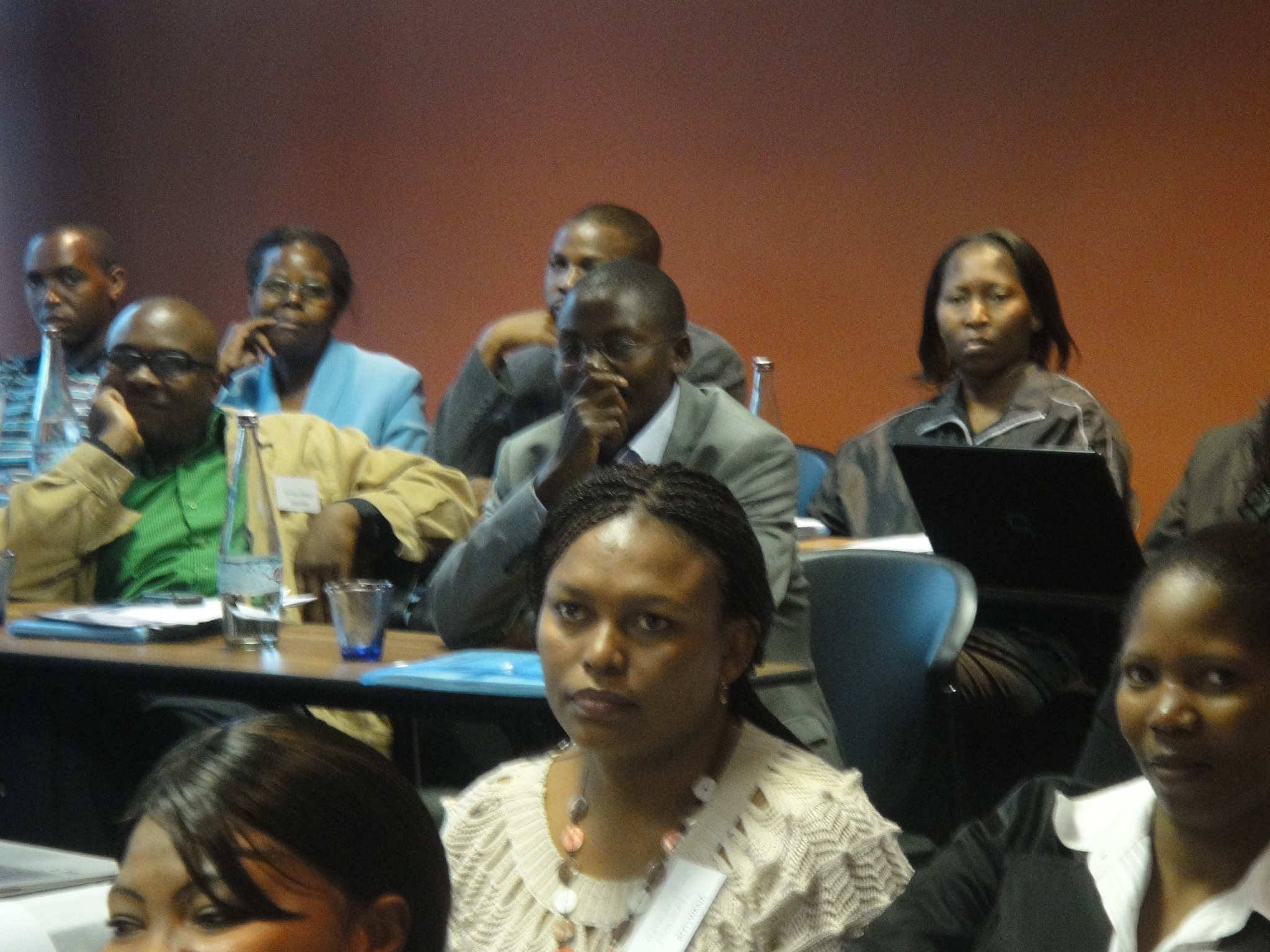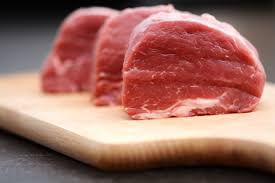
EDES COLEACP
EDES will organise in Gaborone, Botswana from 10th to 14th December 2012 a regional training on “Organisation of Official Controls in the Food Safety System” in collaboration with the OIE Sub-Regional Representation for Southern Africa.
This training will focus on the official controls for all food products whether of animal or plant origin in African, Caribbean and Pacific (ACP) countries. The general objectives of this training are as follows:
Food safety is a key component of public health and an important determinant of food trade. It involves a number of stakeholders, including primary producers, food handlers, processors and traders along the food chain, official food control services, and consumers. The official food control services play a key role in ensuring that food is safe and suitable for human consumption. While the responsibility for the supply of safe food is shared by all involved in the production, processing and trade along the entire food chain, the official control services are responsible for the enforcement of food safety legislation. By inspecting food, establishments and processes they prevent the trade of unsafe food and protect consumer health at national, regional and international level. Over 42 participants will be convened from 14 countries (Botswana, Lesotho, Swaziland, Malawi, Namibia, Seychelles, South Africa, Swaziland and Zimbabwe, Ethiopia, Kenya, Tanzania, Uganda and Zambia).
Each country delegation will be comprised of the OIE focal point for animal production food safety, a representative from the Ministry of Health and a representative from the Ministry of Agriculture.
Launched in 2010, EDES is a cooperation programme managed by COLEACP (Europe-Africa-Caribbean-Pacific Liaison Committee) in collaboration with a consortium of European Organisations specializing in food safety. The programme is implemented at the request of the ACP (African, Caribbean and Pacific) Group of States, and funded by the European Union (EUR 29.5 million/4 years). EDES aims to help the ACP States to strengthen their national (or regional) Food Safety policies, by accompanying them in adapting or setting up appropriate and economically viable Food safety systems in ACP countries. EDES intervenes at three levels of risk analysis (risk assessment, risk management and risk communication) aimed at strengthening an important export sector of the country that presents sanitary risks and whose production is mainly done by smallholders. The support is provided to the highest institutional level (government authority) and the most operational level (Food Businesses Operators inspections). EDES has also embarked in developing collaboration activities with various regional /continental institutions.
Ahead of the workshop, for more information please contact Valérie de Oliveira, Head of Information and Communications, COLEACP/EDES. Tel: +32 (2) 508 10 90 Email: [email protected] or visit the EDES website: http://edes.coleacp.org/en At the OIE, please contact [email protected]


